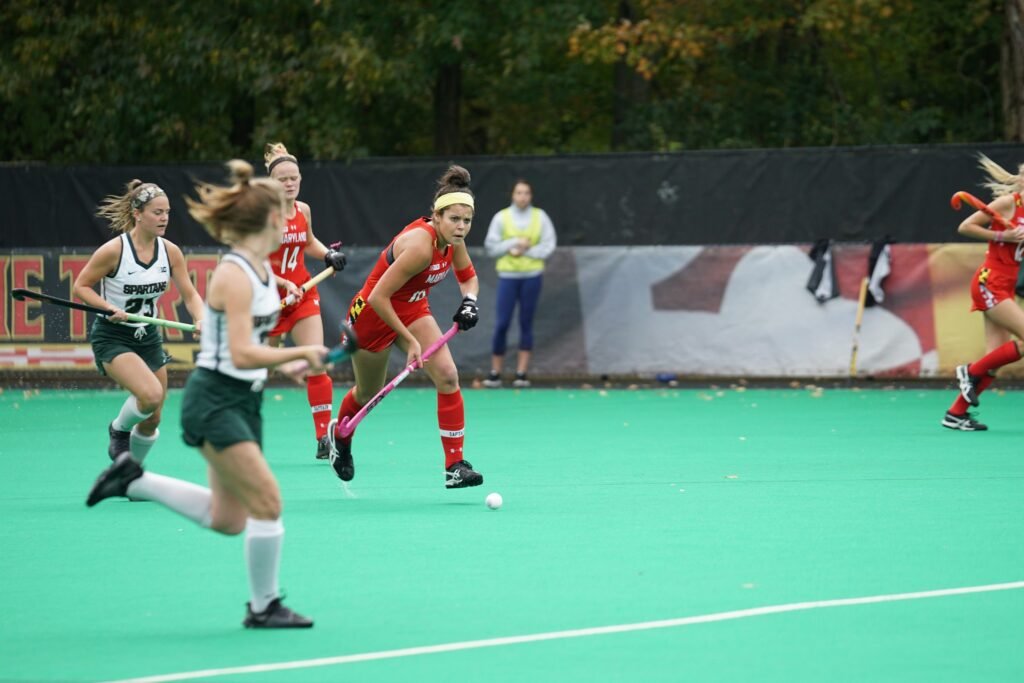Hockey is an exhilarating sport known for its fast-paced action, skillful plays, and nail-biting finishes. If you’re planning to attend or watch a hockey game, you might wonder, “How long are hockey games?” While the standard playing time is 60 minutes, the actual duration of a game often exceeds two hours due to intermissions, stoppages, and potential overtime. In this guide, we’ll explore the factors that influence hockey game durations and provide tips for fans to make the most of their experience.
Understanding the Basics: How Long Are Hockey Games in Regulation?
The core structure of a hockey game consists of three periods, each lasting 20 minutes. This 60-minute playtime is consistent across most levels of the sport, including the National Hockey League (NHL), college hockey, and youth leagues. However, the actual length of a game is much longer due to additional elements such as:
- Intermissions: Each game has two intermissions, usually lasting 15–18 minutes.
- Stoppages: Whistles, icing calls, and penalty assessments add minutes to the clock.
- Timeouts and Commercial Breaks: Especially prevalent in professional games, these breaks ensure smooth broadcasting and coaching adjustments.
In total, a hockey game typically lasts between 2 and 2.5 hours from start to finish.
The Ultimate Guide to Choosing the Best Game Table for Your Home
What Happens in Overtime?
NHL Overtime Rules:
When a hockey game is tied after regulation, it goes into overtime. The rules for overtime vary depending on the league:
- Regular Season: The NHL features a 5-minute overtime period played 3-on-3. If no team scores, the game proceeds to a shootout, where players take turns attempting to score on the opposing goalie.
- Playoffs: During the playoffs, there are no shootouts. Instead, teams play 20-minute periods of sudden-death overtime until a winner is determined.
College Hockey Overtime:
College hockey games may feature a single overtime period, often lasting 5 or 10 minutes. If no winner emerges, the game may end in a tie or proceed to a shootout, depending on the tournament or league rules.
Youth and Amateur Overtime:
Overtime rules for youth and amateur leagues vary widely. Some leagues skip overtime entirely, while others adopt shorter periods or sudden-death rules.
Factors That Affect How Long Hockey Games Last:
1. Stoppages and Delays:
Hockey is a physical sport, and stoppages can occur due to injuries, penalties, or video reviews. Coaches may also challenge referee decisions, requiring video analysis that further extends the game time.
2. Commercial Breaks:
Televised hockey games, particularly at the professional level, include commercial breaks. These pauses are strategically placed during stoppages, adding a few minutes to each period.
3. Special Events:
Games with special ceremonies, such as player retirements or championship celebrations, tend to run longer. These events typically occur before the puck drops but can still extend the overall experience.
Meet the CEO of Colorado Technology Partners: Leadership, Vision, and Achievements
How Long Are Youth and International Hockey Games?
Youth Hockey Games:
Youth hockey games generally follow the same three-period structure but with shorter periods, such as 12 or 15 minutes. The total duration is typically around 1.5 to 2 hours, including intermissions and stoppages.
International Hockey Games:
International hockey games, governed by the International Ice Hockey Federation (IIHF), also feature three 20-minute periods. However, rule differences, like the use of a larger ice rink, can influence game flow and duration.
FAQs:
1. How Long Are NHL Games Compared to College Games?
NHL games last about 2.5 hours on average, while college hockey games can be slightly shorter, often finishing in under 2 hours unless overtime is involved.
2. Do Hockey Games Have Halftime?
No, hockey games do not have a halftime. Instead, they feature two intermissions between the three periods.
3. What Was the Longest Hockey Game Ever Played?
The longest hockey game on record occurred during the 1936 NHL playoffs, lasting over 176 minutes of playtime due to multiple overtime periods.
Tips for Fans: Planning for a Hockey Game
Attending a hockey game is an unforgettable experience, but planning ahead can make it even better. Here are some tips for fans:
- Arrive Early: Get to the arena early to enjoy pre-game activities and secure your seats.
- Dress Comfortably: Ice arenas can be cold, so bring a jacket or sweater to stay warm.
- Plan for Extra Time: If you’re attending a playoff game, prepare for potential overtime periods that could significantly extend the event.
- Engage with the Game: Familiarize yourself with basic hockey rules and traditions to fully enjoy the action.
Why Understanding Game Length Matters:
Knowing how long are hockey games last helps fans manage their time and set expectations. Whether you’re attending a game or watching from home, understanding the timeline ensures you don’t miss any thrilling moments, from the puck drop to the final whistle.
Conclusion:
In summary, the duration of a hockey game is influenced by many factors, but the general expectation is 2 to 2.5 hours for professional matches. Whether you’re a die-hard hockey enthusiast or a casual viewer, understanding the structure and timing of games enhances your appreciation of this exciting sport. So next time someone asks, “How long are hockey games?” you’ll not only have the answer but also the insights to make the most of the experience.



